Five conclusions from Liege-Bastogne-Liege
New finale still rewarded strongest rider
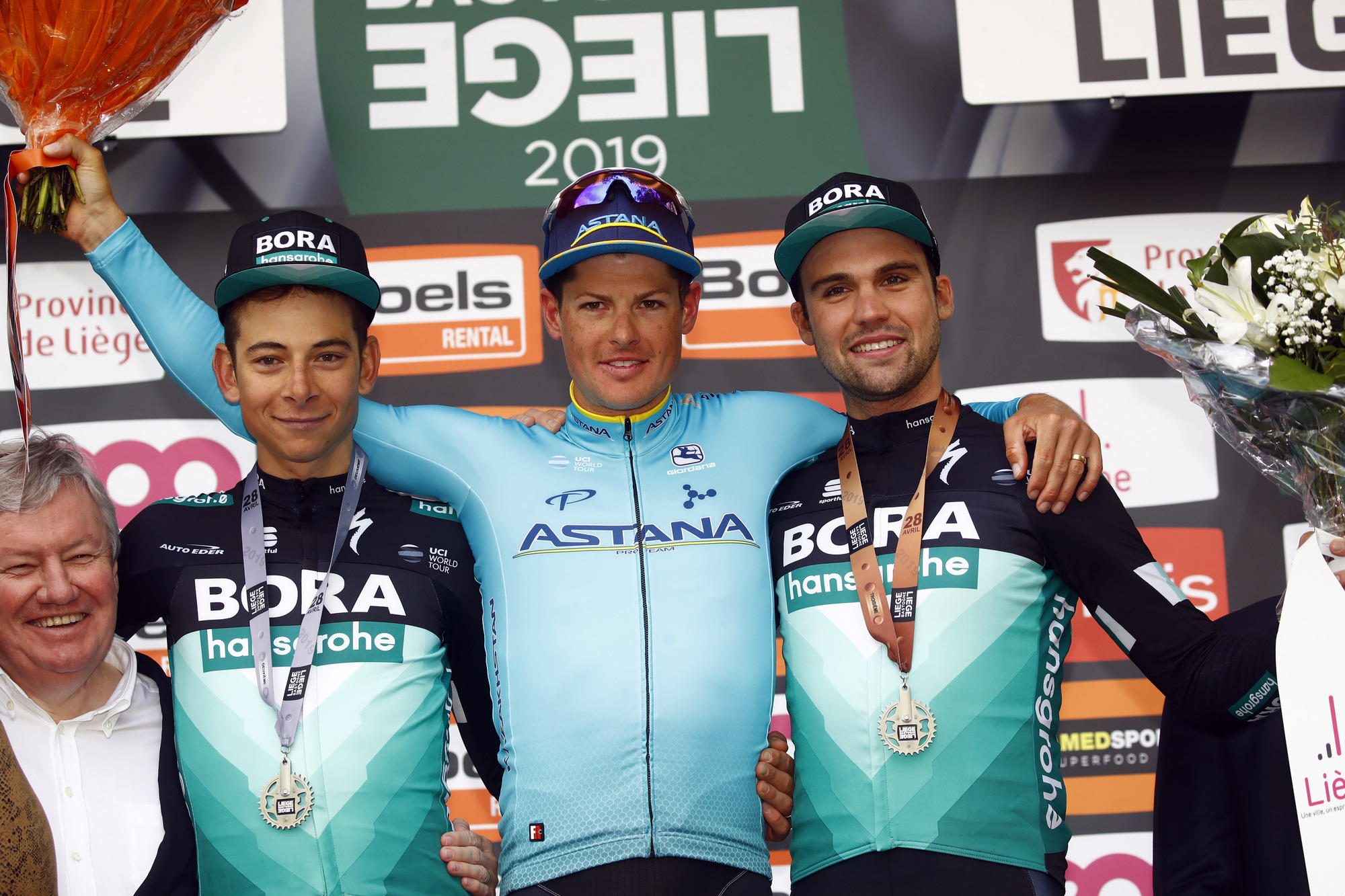
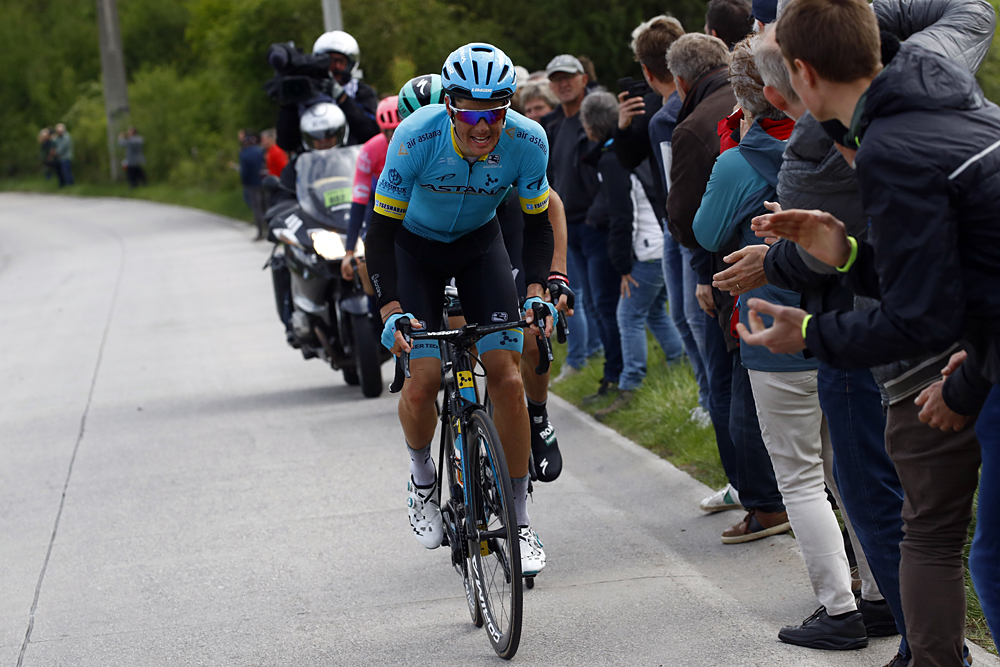
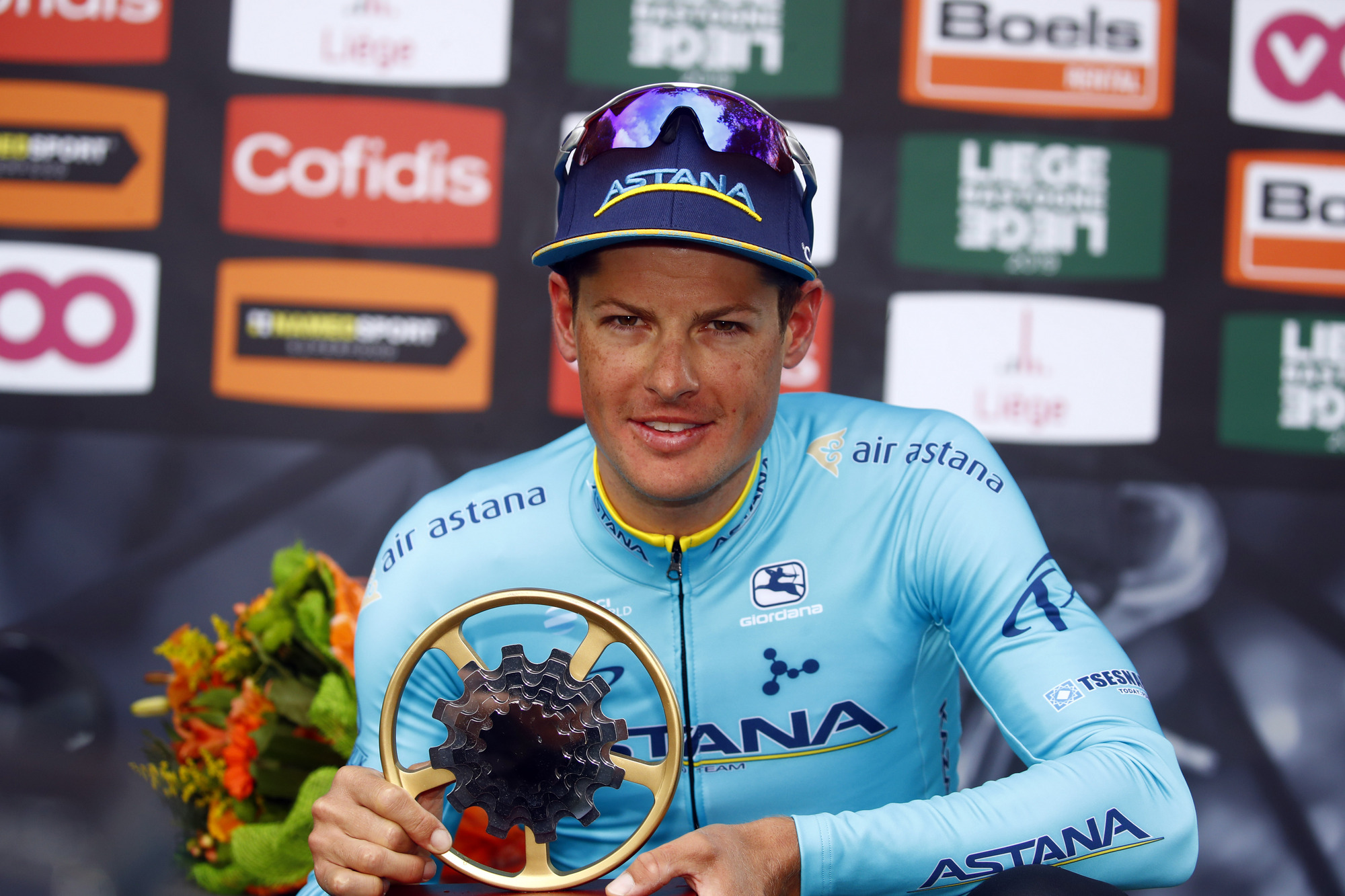
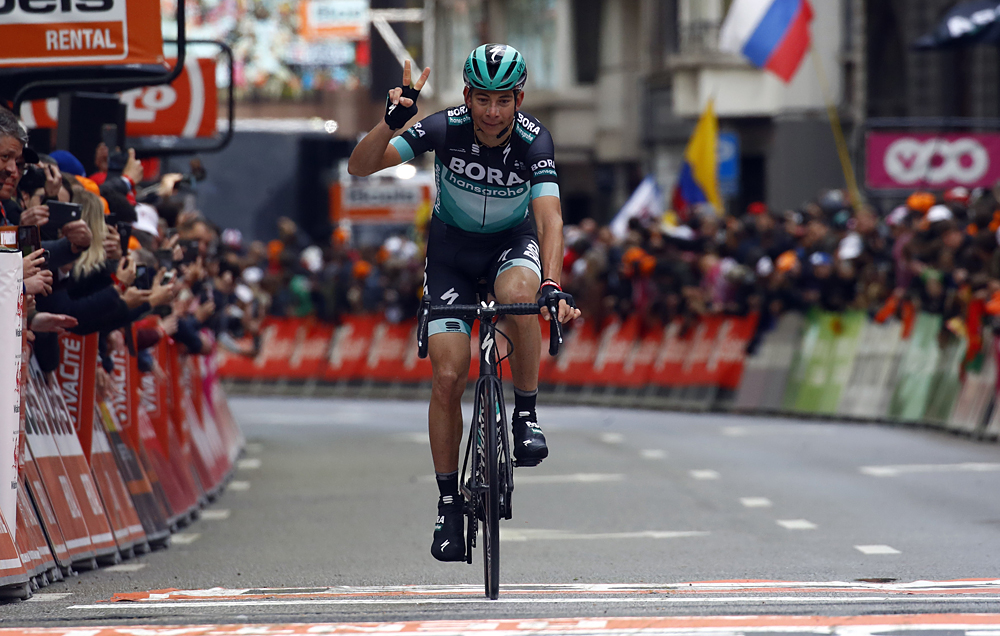
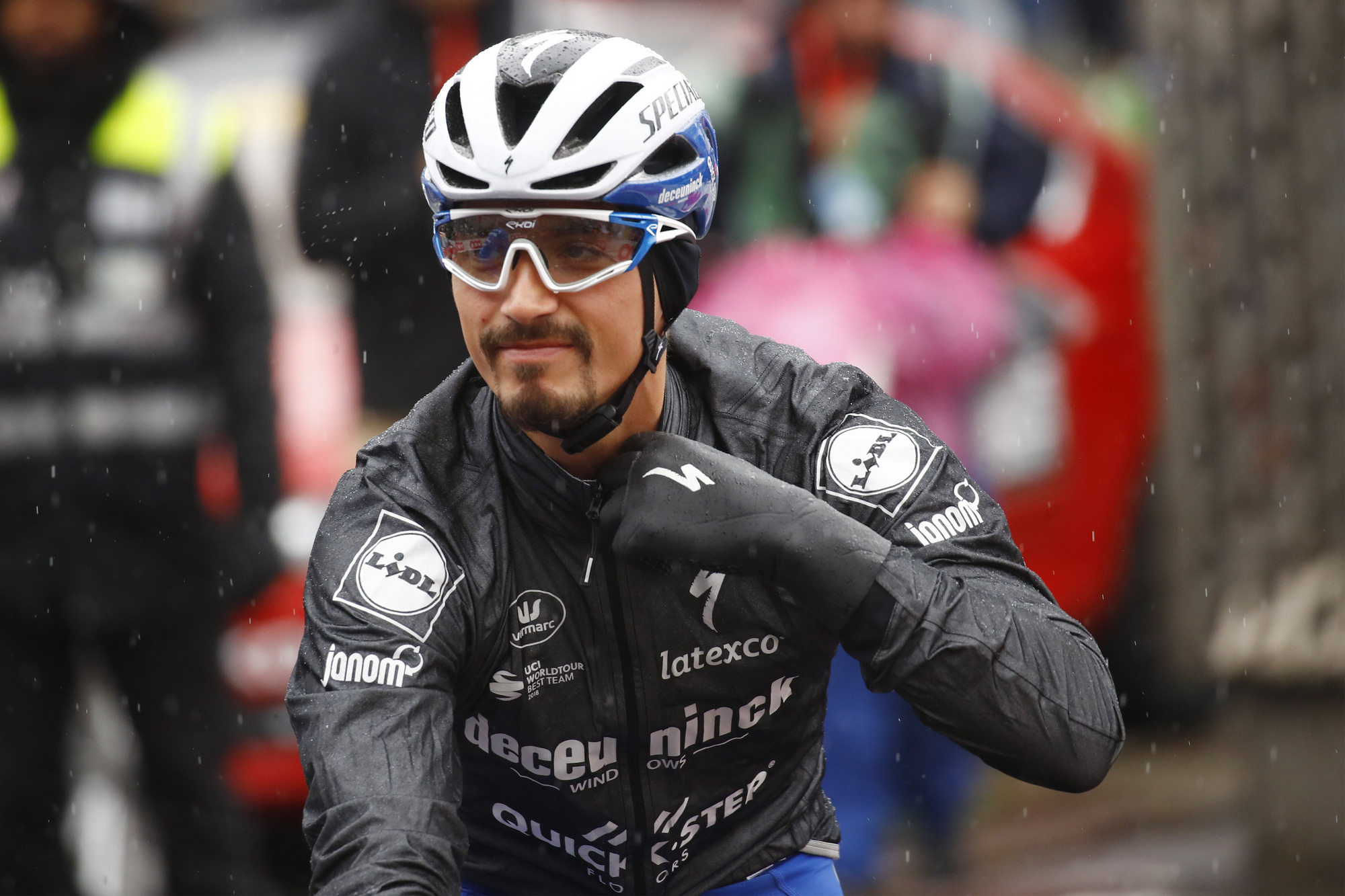
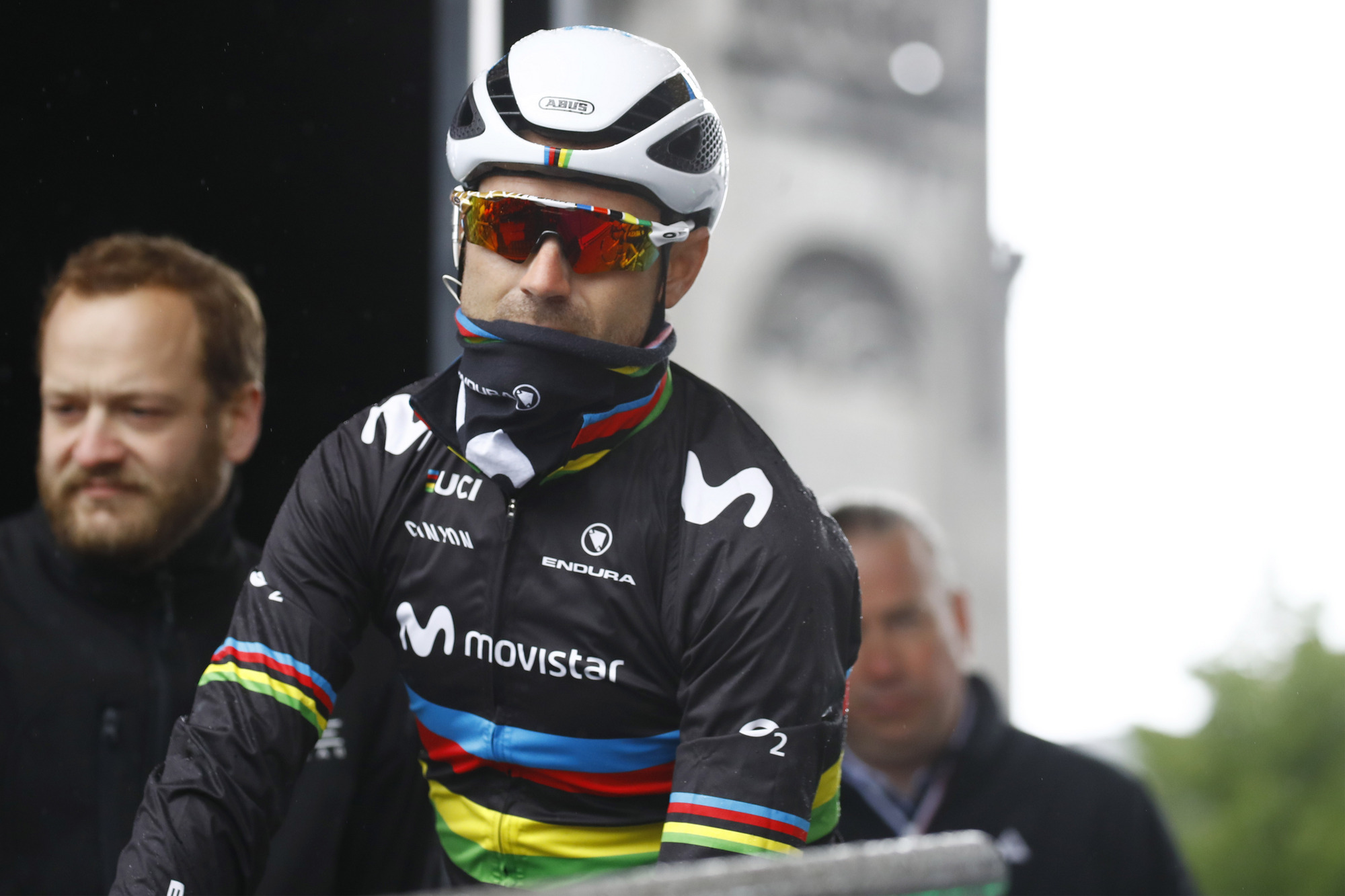
The Ardennes week closed out with a new-look Liège-Bastogne-Liège, which was won in commanding style by Jakob Fuglsang (Astana) amid terrible conditions. Fuglsang attacked on the late Roche-aux-Faucons climb, eventually dropping all of his rivals before soloing into the centre of Liège to claim victory 10 years on from his debut at the race.
As the season charges on and the focus now turns to the Giro d’Italia, that starts in just under two weeks, we take stock and review the notable storylines to emerge from the final Classic of the spring.
Fuglsang’s consistency rewarded with Doyenne win
It was notable how Jakob Fuglsang’s victory received widespread applause on Sunday evening, and not just from his own team.
The Astana leader’s win was well-deserved, many rivals argued, because the Dane has come so close on so many occasions. Yet despite the setbacks and the defeats, he continued battling onwards.
Fuglsang has made the top ten in every stage race he has taken part in this spring, ranging from sixth in the Vuelta a Murcia through to fourth in the Vuelta al País Vasco, third in Tirreno-Adriatico, with an overall win in the Vuelta a Andalucia. Fuglsang has also been on every podium of all his one-day races this year, culminating in his three podium finishes in the Ardennes, from third in Amstel to first in Liège-Bastogne-Liège.
On top of that, Astana have offered a very solid all-round performance in the Ardennes Classics, with six riders in the front group at the foot of the Cote des Forges, the second last climb of Liège-Bastogne-Liège. No-one could accuse Fuglsang of riding to victory on another team’s coat-tails.
With such a respectable track record, Fuglsang could have opted to ride a conservative race. But on the Roche-aux-Faucons he opted to go for broke and netted the win.
Get The Leadout Newsletter
The latest race content, interviews, features, reviews and expert buying guides, direct to your inbox!
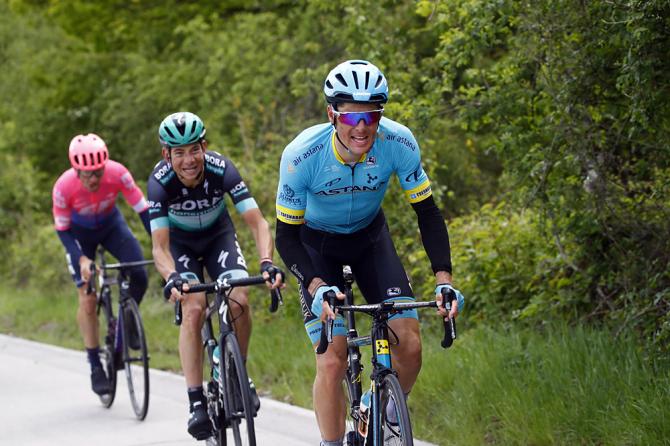
Bora-Hansgrohe are more than Peter Sagan
When Peter Sagan joined the Bora-Hansgrohe team in 2017, there were concerns that the German team would rely too heavily on the Slovakian to bring them victories. Yet Bora-Hansgrohe have shown that is not an issue, with 19 victories in their back pocket, and only one coming from the former world champion. They reaffirmed their strength in depth by taking second and third at Liège-Bastogne-Liège with Davide Formolo and Max Schachmann.
With the new course and finish in central Liège opening the race up to a wider spectrum of riders, Peter Sagan had put Liège on his calendar. However, after a difficult spring, Sagan opted not to ride, meaning the team could focus on the climbers that have been on song throughout April.
Patrick Konrad covered the attack by Tanel Kangert (EF Education First) before Formolo latched onto the coat tails of Jakob Fuglsang and Michael Woods on the Roche-aux-Faucons. Formolo was eventually dropped by Fuglsang but continued chasing right to the line and took a well-earned second place and his first visit to a Monument podium.
Schachmann also had to chase hard to make it into the large group that was trying to bring back Formolo. With no need to work, he held on and eventually won the small bunch sprint to get another Bora-Hansgrohe rider on the podium. Konrad came home in a later group to claim 13th, with Jay McCarthy just behind him, making it arguably the best overall team performance of the day.
Valverde’s bad luck continues
The Ardennes are usually prime hunting territory for Alejandro Valverde, but this year’s campaign has been one to forget for the world champion. Incredibly, Sunday’s abandon was the first DNF for Valverde in the Ardennes Classics after 39 participations across all three races.
Valverde had a difficult Amstel Gold Race, where he was dropped with 37 kilometres to go on the Eyserbosweg. At Fleche Wallonne, the world champion swallowed a bee, which proceeded to sting him internally. He was able to continue but spent some time trying to dislodge the bee. In the circumstances, 11th place was a decent result and there was still one more chance to get something out of the week.
To compound matters, however, Valverde crashed during a training ride on Thursday. He injured his coccyx in the incident, and though he hoped that he would be able to ride through it, he would be forced to call it a day for the first time in the Ardennes.
This has been Valverde’s most lacklustre Ardennes campaign since 2012, when he took 22nd at Amstel and 46th at Fleche Wallonne before being disqualified from Liège-Bastogne-Liège when he followed race motorbikes off route and ended up riding a shortcut that was intended for photographers following La Redoute.
It has been a difficult week for Valverde but the Spaniard will be hoping for better fortune at the forthcoming Giro d’Italia.
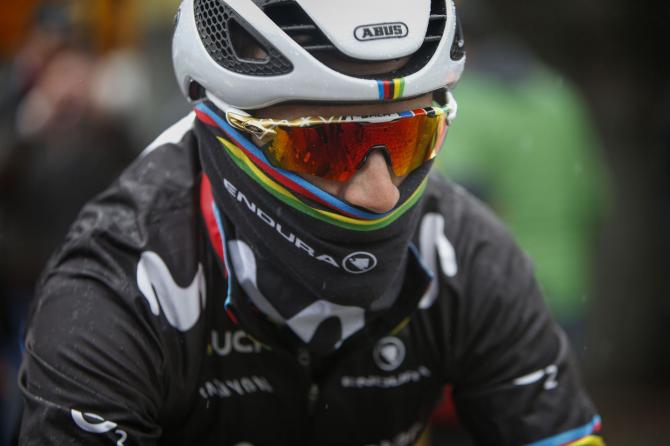
The new finish didn’t change the outcome
Adam Yates summed it up perfectly when he said afterwards that it wouldn’t have mattered if Liège-Bastogne-Liège had been ridden on the old course, Jakob Fuglsang would have still won.
Fuglsang was a man completely in control of his destiny, even when he almost slid out on the fast descent into Liège. If there had been that final rise up to Ans, as there was with the old route, it would have been unlikely to trouble him given the way he surged away on the Cote de la Roche-aux-Faucons.
Though the result may not have been altered by the new finale, it still provided us with some drama and suspense. Behind Fuglsang there was a big fight for the podium. The new finish probably did play a factor there with no final rise to try and launch a move and break free.
Sunday’s race was ridden in torrential conditions and so it will be interesting to see how the race pans out in better weather.
Deceuninck-QuickStep the team of the spring despite Liège disappointment
Defeat in the final Monument of the spring feels like a setback for a team like Deceuninck-Quick Step, but only because their success rate is so high, and because Alaphilippe’s standout position as favourite was so clear that it made the one missed target all the more notable.
The Belgian squad and Julian Alaphilippe in particular, can pull down the curtain on their Classics campaign with no sense of failure whatsoever.
They again played a very aggressive game in Liège-Bastogne-Liège. Their tactics did not work out but there were plenty of other teams on the start line on Sunday that also fell at the last post – or earlier – without even making an impact on the race.
There’s also the general interest factor. Wins like Fuglsang’s at Liège-Bastogne-Liège or Mathieu van Der Poel (Corenden-Circus) in the Amstel Gold Race or Alberto Bettiol (EF Education First) at the Tour of Flanders make for a more interesting scenario, rather than one team continuously dominating in the Classics. A certain degree of uncertainty is what keeps a sport alive, after all.
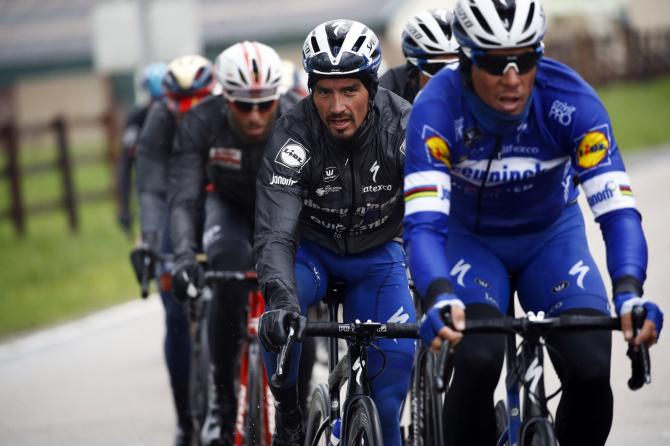
Born in Ireland to a cycling family and later moved to the Isle of Man, so there was no surprise when I got into the sport. Studied sports journalism at university before going on to do a Masters in sports broadcast. After university I spent three months interning at Eurosport, where I covered the Tour de France. In 2012 I started at Procycling Magazine, before becoming the deputy editor of Procycling Week. I then joined Cyclingnews, in December 2013.